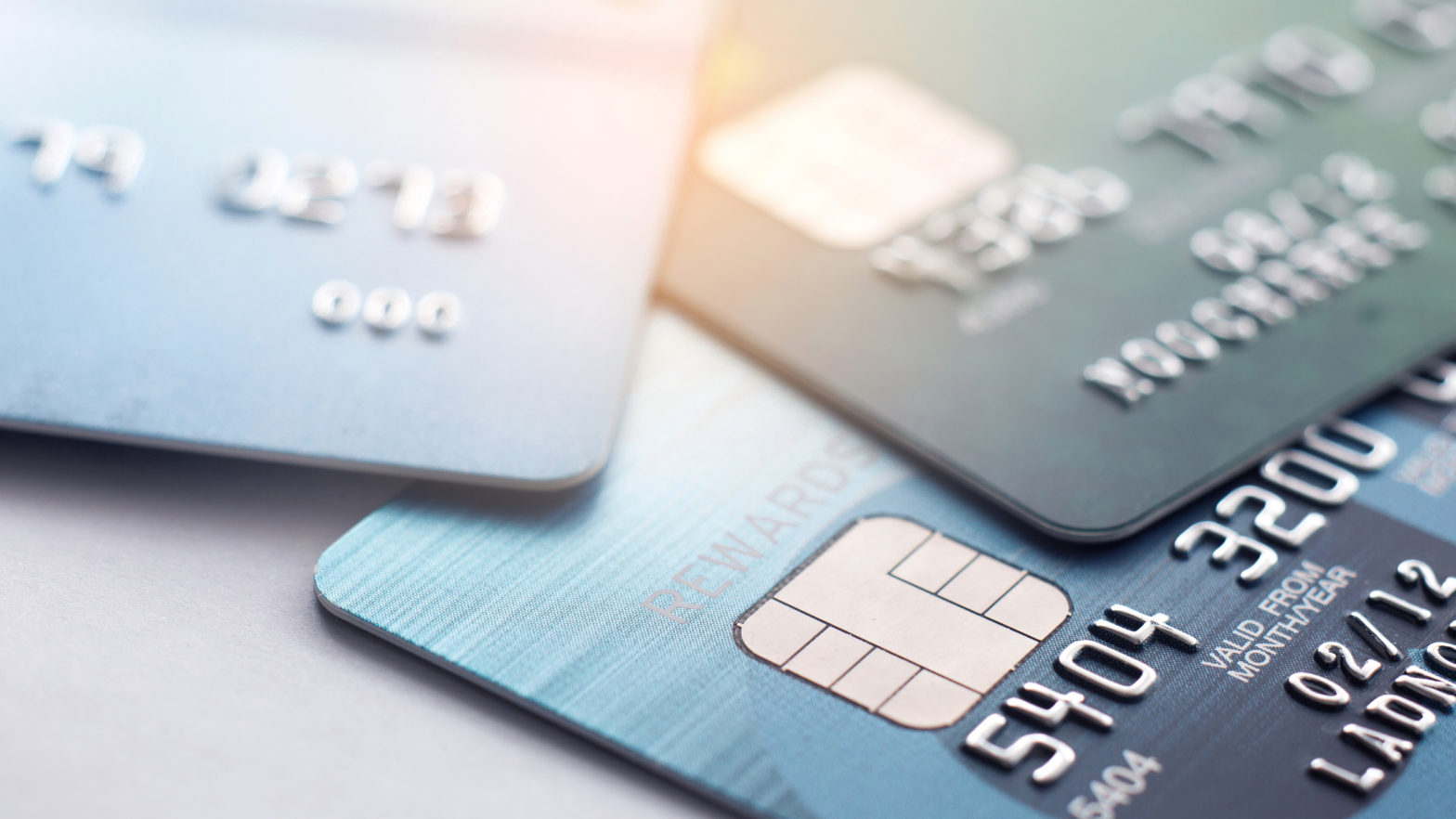DISCLAIMER: As the COVID-19 public health situation evolves, new regulations are being continually issued. This page/story/information may not include the most recent information.
More Americans are relying on credit cards to buy essentials, like groceries, and conserving cash as the unemployment rate skyrockets as a result of the coronavirus pandemic.
Overall credit card spending fell 40 percent during March and early April with more Americans at home during the coronavirus, a new report by JP Morgan Chase suggests. And non-essential spending dropped by 50 percent, according to the report.
Despite less credit card spending, consumers are choosing to pay for smaller budget items like food with credit versus cash, other data suggests.
Forty-six percent of people swiped their cards to pick up groceries in stores in April, according to a new report from Bankrate.com. Thirty-nine percent, meanwhile, paid with a debit card and just 15 percent paid with cash last month, according to the data.
To compare, 50 percent of grocery shoppers paid with a debit card in December 2019 before the virus broke out in the United States, 27 percent paid with a credit card and 22 percent paid cash, the data shows.
“That suggests to me that a lot of people don’t have the available funds to pay right now, so they’re financing these purchases with credit,” says Ted Rossman, industry analyst at Bankrate said in a statement.
But that’s not exactly a good thing, Rossman noted, explaining that 28 million Americans have added to their credit card debt in the past two months. What’s more, 110 million Americans were already saddled with credit card debt before the pandemic, according to a separate survey from CreditCards.com.
More than 32 million Americans filed for unemployment since March, and many employees who are still working have had their hours reduced or salaries cut in the past two months. Meanwhile, those who lost jobs are finding it difficult to look for work with widespread shutdowns still in place.
